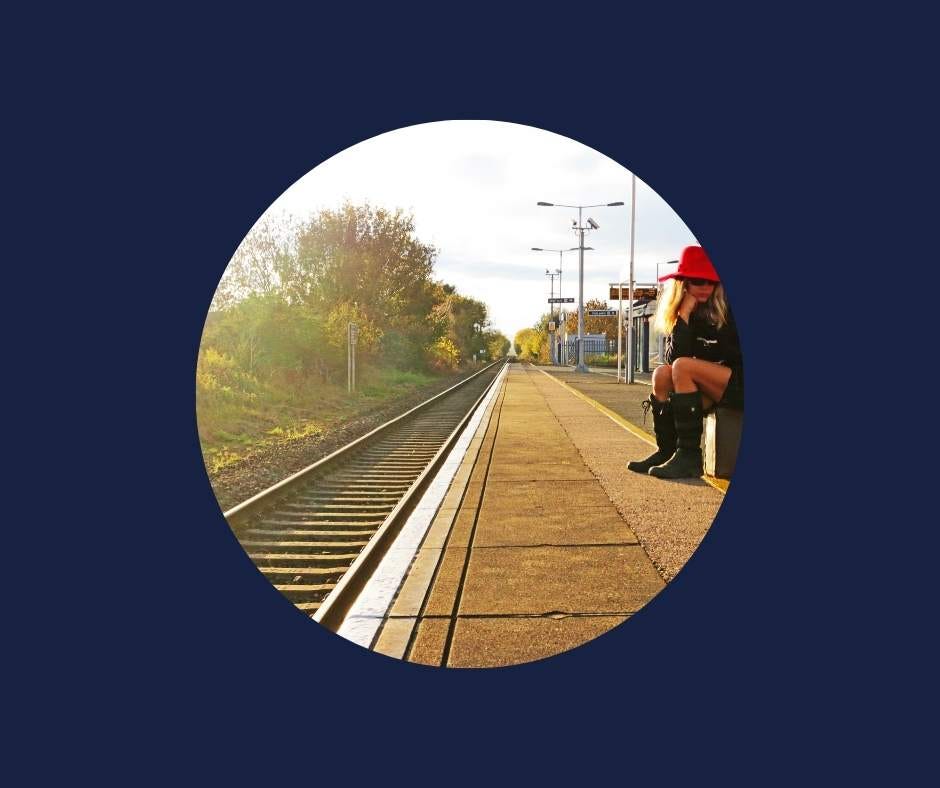It’s no longer breaking news that we’re living in a self-involved and self-documenting culture as if whatever civilization comes after us will be interested in the duck-faced selfies overwhelming us on Instagram and TikTok. However, there’s an attendant phenomenon that we’re not addressing so much, and it involves the evaporation of modesty and humility as desired qualities.
One of the greatest mistakes I see people making is overestimating their negotiating positions in the universe. It seems we’ve all got friends, family members, or maybe even shrinks telling us to go for it because we deserve more. Sometimes we do. But there’s something to be said for considering a little more humility — keeping in check one’s self-importance and modesty — limiting one’s self-display.
The concept was reinforced for me by an Episcopal priest whose family I lived with when I first moved to Washington. Father Tom told me about an experience he had when he was in the army. His sergeant gave him the worst duty of anyone in his platoon, which included cleaning out garbage pails in a grease pit behind the barracks. In time, Father Tom began to wonder why he alone had been given this terrible job. After all, he was more educated than the others in his group.
He eventually confronted his sergeant, who confirmed that he was indeed the smartest private in the barracks, which was why he was given the assignment. The sergeant feared that if they ever had to be in combat, it would be essential for Father Tom to recognize the need for camaraderie to trump intellect, which was something he feared the private had not yet learned — thus, his duty with “the grease pit and the garbage pail,” which became the title of a sermon he gave later to his Hyattsville, Maryland congregation.
I think of Father Tom, who passed away before the explosion of social media, and the discussions we would have had about the triumph of selfie-ism. I know what he would have thought: At some point, there is never enough attention to compensate for deficits in self-esteem and unconsummated fantasies. There are never enough “likes.” There comes a point when humility becomes an essential ethic as more of the world’s goodies end up in the hands of the few.
Perhaps the greatest difference between my worldview when I was living in Father Tom’s rectory and today is that back then, I believed I was in greater control of the things that would end up happening to me than I was. After all, I had grown up in an era where many television shows ended with the elder saying to the younger something like, “You can be anything you want to be if you put your mind to it.”
No, you can’t. The truth is that there is a frenetic interplay between talent, free will, God/fate/universe/luck or whatever you believe to be external forces. But “you make your own luck,” a billionaire client once told me. I responded, “That’s the kind of thing that lucky people say.”
My client hasn’t had cause (that I’m aware of) to learn humility but being an author and crisis manager yields regular servings of grease pits and garbage pails. None of my clients ever imagined they would end up in the situations they did; failure and misfortune were for their inferiors or people who “brought things on themselves.”
Richard Nixon lost the 1960 election to John F. Kennedy by a sliver. Given the skullduggery that took place, one could make a convincing case that Kennedy stole the election from Nixon. But Nixon conceded if, for no other reason, than modesty and humility were expected in the culture at that time. No such luck in 2020.
I eventually had my answer to what Father Tom would have thought about the ultimate destiny of our self-celebration enacted before me. Coincidentally, this real-life event occurred several miles from where his parish had been.
Shortly before Covid, I took the Acela from Washington to New York. A thirty-ish woman wearing flashy attire came aboard and captured the attention of everyone who had already been seated. There was a tiny dog in her pocketbook. She began barking orders to the train attendant and glanced around to confirm she was being observed. Indeed, she was.
The attendant, a fifty-ish man with uneven teeth and a rural accent, gently explained that she could not bring her dog on the train. As she loudly offered up some excuse, she swept a fluffy scarf back over her shoulder with a flourish.
I felt badly for the berated attendant after he gave up on the woman and mumbled something into his walkie-talkie. I told him I was sorry he had to put up with Acela Beyoncé. He was philosophical and explained haltingly that she was some “instafluencer,” which I took to mean social media influencer. He was clearly not well-versed in the whole phenomenon, which made me like him more.
When the train pulled into New Carrolton (not a regular stop on the Acela), five minutes out of Washington, two burly police officers came aboard, took Acela Beyoncé by each arm, and deposited her on the platform as she attempted to assert “who I am.” There was no discussion. The cops didn’t arrest her. They just left her there. Something about the encounter led me to believe they had seen this before. Her face was a mask of shock and puzzlement. As the train pulled away, she stood alone in the cold (with her shivering dog-a-yappin’).





